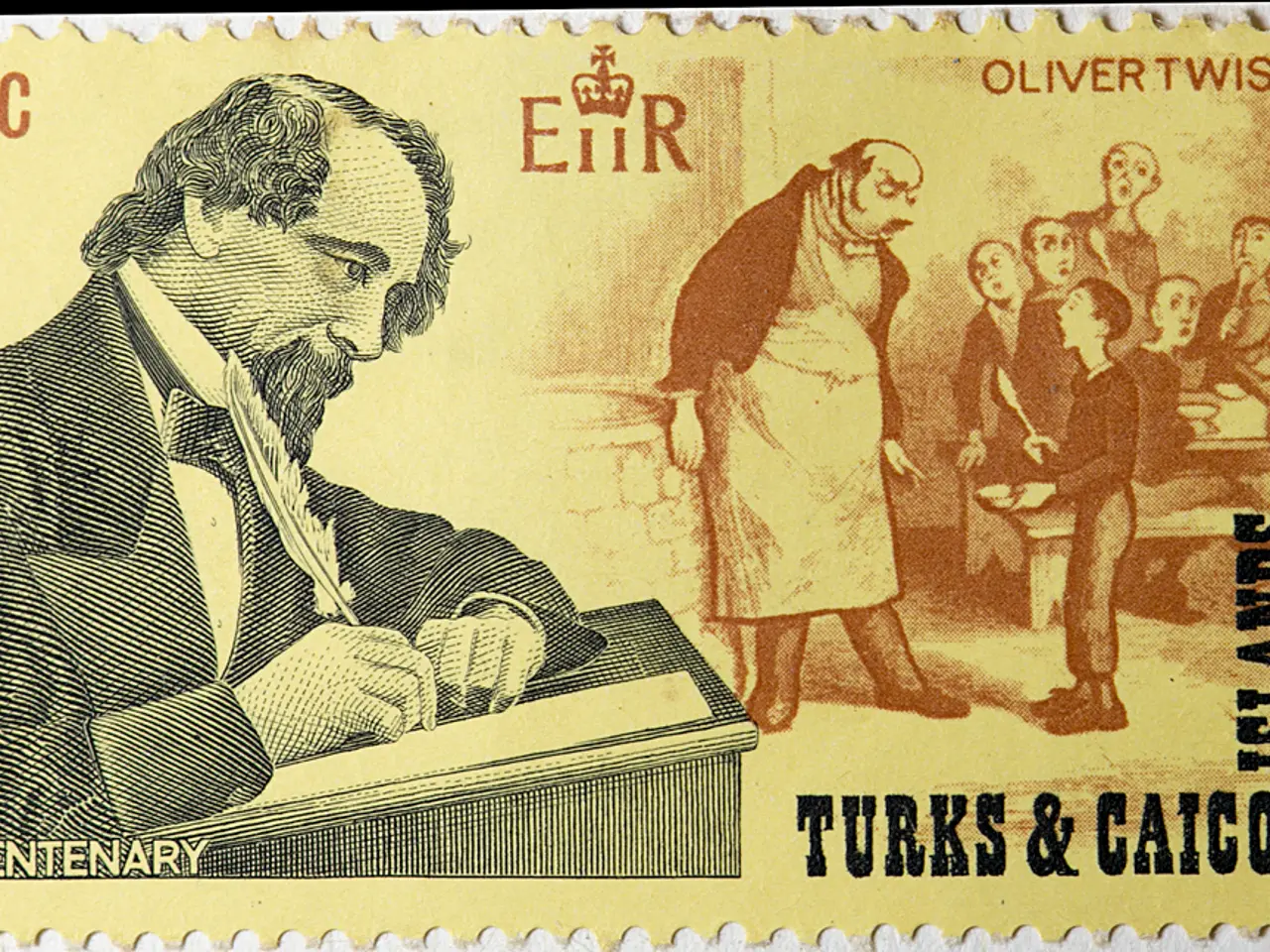Stock markets in India, represented by the Sensex and Nifty, predicted to start the day with a decline, amid renewed threats from U.S. President Trump regarding imposition of harsh tariffs on Indian goods.
The Indian stock markets are currently under pressure and shrouded in uncertainty due to the combined impact of U.S. tariff threats and the upcoming Reserve Bank of India (RBI) monetary policy decision.
President Donald Trump's administration has imposed an additional 25% tariff on Indian imports, effective August 27, 2025, linked to India’s continued imports of Russian oil. This tariff, added to previous tariffs, has intensified trade tensions just as India and the U.S. negotiate a bilateral trade deal, scheduled for late August. Although India remains optimistic about finalizing the deal, firm U.S. tariff threats and India's refusal to soften its stance on sensitive sectors like agriculture and dairy are sources of market uncertainty and export concerns.
On the RBI monetary policy front, investors are closely watching for decisions that could impact liquidity, interest rates, and inflation management in India. Given global uncertainties including trade tensions and inflation pressures, RBI’s stance may influence market sentiment dramatically. A hawkish policy (rate hikes) might burden borrowing and investment sentiment, whereas an accommodative stance could boost markets temporarily. The exact implications depend on the RBI’s announcements expected soon, creating a cautious environment for equity investors.
The combined stress of US-imposed tariffs and impending RBI monetary policy decisions is contributing to cautious, possibly bearish sentiment in Indian stock markets, reflecting geopolitical and domestic financial policy risks.
Meanwhile, global markets have shown signs of recovery. European stocks rebounded on Monday after falling by the most in the previous session. The German DAX climbed 1.4 percent, France's CAC 40 added 1.1 percent, and the U.K.'s FTSE 100 rose 0.7 percent. The Dow advanced 1.3 percent, and the tech-heavy Nasdaq Composite surged 2 percent.
In a positive development, according to Morgan Stanley, Indian equities are expected to reach new highs, with the Sensex expected to reach 89,000 by June 2026. However, the ongoing trade tensions and RBI's monetary policy decision may impact these predictions.
The sanctions on India by the United States and the European Union have been deemed unjustified and unreasonable by the Ministry of External Affairs. The rupee slumped 48 paise to close at 87.66 against the U.S. dollar on Monday, adding to the financial woes.
Gold edged up to trade around $3,380 per ounce due to Daly's call for a rate cut. Oil steadied after a three-day drop, with investors weighing risks to Russian supplies following Trump's announcement of slapping more tariffs on India.
Asian markets traded higher this morning, mirroring firm cues from Wall Street and Europe on the back of positive earnings reports and hopes for rate cuts. Benchmark indexes Sensex and Nifty rose around half a percent and 0.6 percent, respectively on Monday to snap a two-day losing streak.
In conclusion, the Indian stock markets are currently navigating a complex landscape marked by US tariffs, RBI monetary policy decisions, and geopolitical uncertainties. The exact trajectory of the market remains to be seen, but a cautious approach seems warranted in the current climate.
[1] Source: Business Standard [2] Source: The Economic Times
In light of the additional 25% tariff imposed by President Donald Trump's administration on Indian imports and the upcoming Reserve Bank of India (RBI) monetary policy decision, the business and finance sectors in India are engulfed by a degree of uncertainty. [1]
The RBI's monetary policy, particularly decisions regarding liquidity, interest rates, and inflation management, could have a profound impact on the Indian stock markets, influencing investor sentiments significantly. [1] [2]




